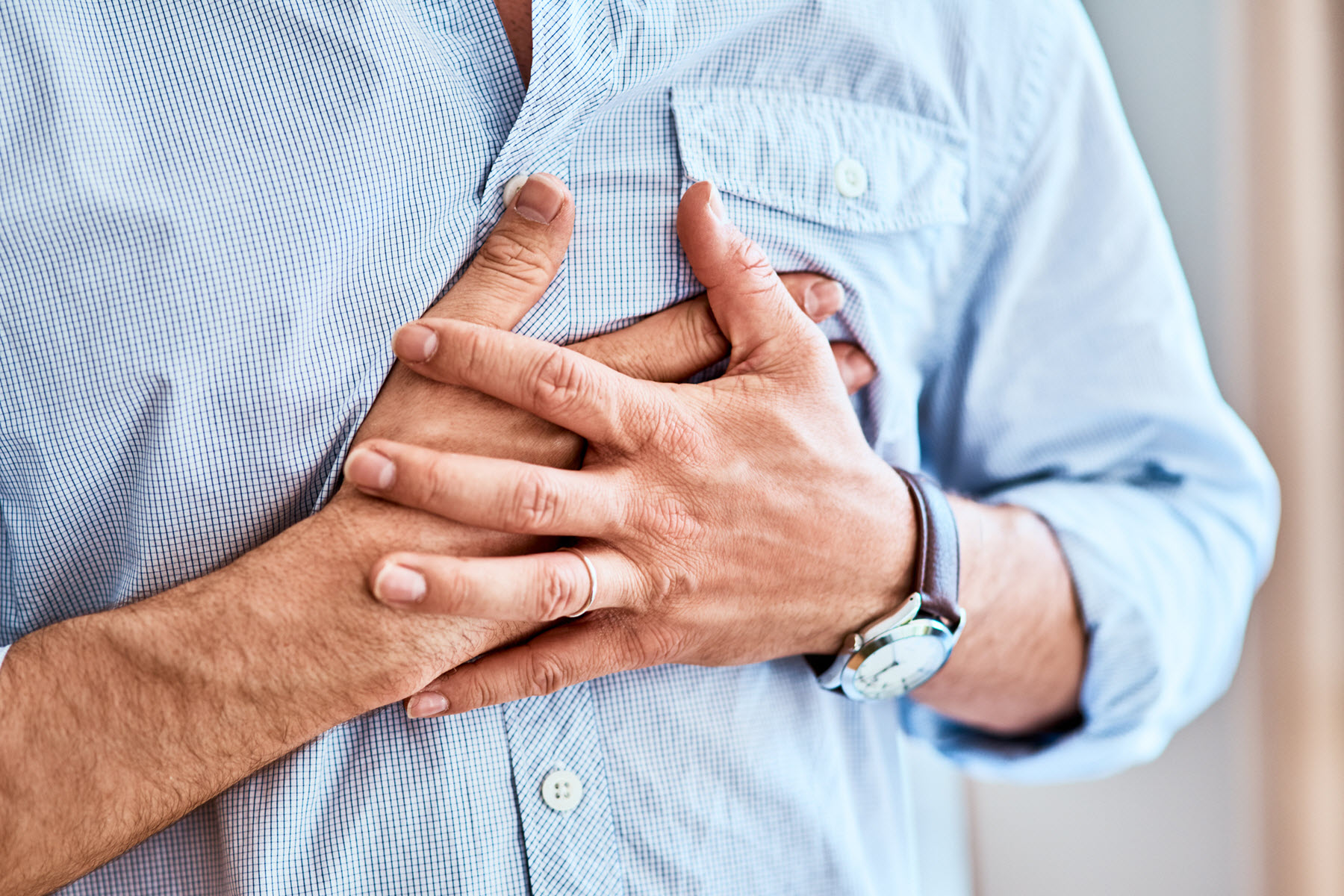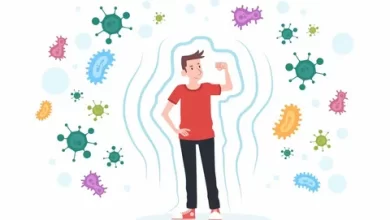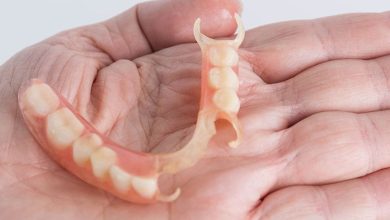Chest Pain: Symptoms & Signs

Chest pain appears in many forms, ranging from a sharp stab to a dull ache. Sometimes chest pain feels crushing or burning. In certain cases, the pain travels up the neck, into the jaw, and then radiates to the back or down one or both arms.
Many different problems can cause chest pain. The most life-threatening causes involve the heart or lungs. Because chest pain can indicate a serious problem, it’s important to seek immediate medical help.
Table of Contents
Symptoms
Chest pain can cause many different sensations depending on what’s triggering the symptom. Often, the cause has nothing to do with your heart though there’s no easy way to tell without seeing a doctor.
Heart-related chest pain
Although chest pain is often associated with heart disease, many people with heart disease say they experience a vague discomfort that isn’t necessarily identified as pain. In general, chest discomfort related to a heart attack or another heart problem may be described by or associated with one or more of the following:
- Pressure, fullness, burning or tightness in your chest
- Crushing or searing pain that radiates to your back, neck, jaw, shoulders, and one or both arms
- Pain that lasts more than a few minutes, gets worse with activity, goes away and comes back, or varies in intensity
- Shortness of breath
- Cold sweats
- Dizziness or weakness
- Nausea or vomiting
Other types of chest pain
It can be difficult to distinguish heart-related chest pain from other types of chest pain. However, chest pain that is less likely due to a heart problem is more often associated with:
- A sour taste or a sensation of food re-entering your mouth
- Trouble swallowing
- Pain that gets better or worse when you change your body position
- Pain that intensifies when you breathe deeply or cough
- Tenderness when you push on your chest
- Pain that is persistently present for many hours
For any important information please contact us Email GadgetsNg info@gadgetsng.com
[Button id="1"]



